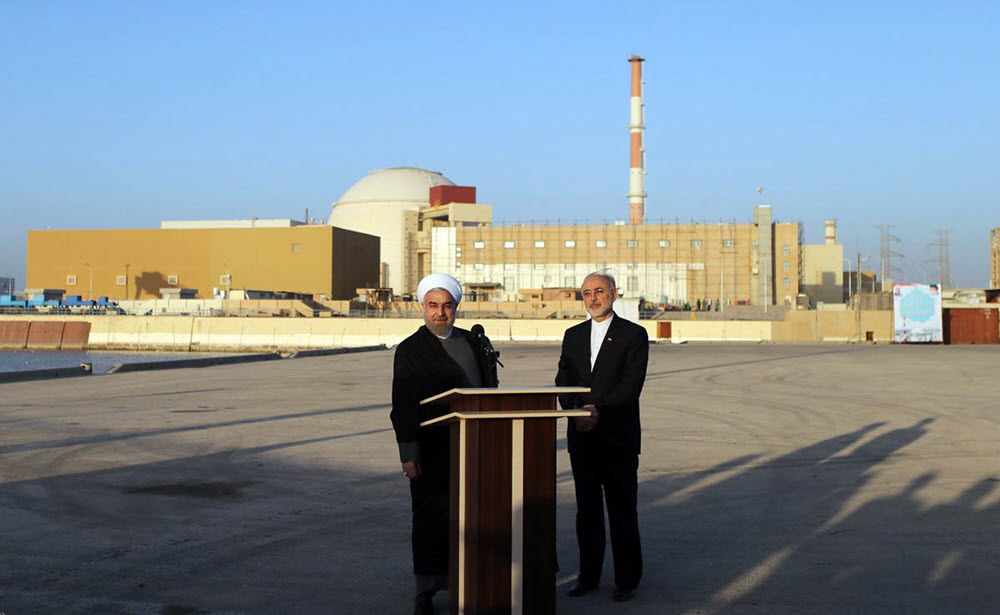
By Mehdi
The Atomic Energy Organization of Iran (AEOI) is concerned about the “minimal” budget allocated to the Bushehr nuclear power plant. Officials at AEOI have criticized the government over the low budget allocation, saying that it endangers the future of the nuclear reactor.
On February 23rd, former Foreign Minister Ali Akbar Salehi claimed that the Energy Ministry “pays peanuts” for electricity produced at Bushehr. He said, “For each kilowatt per hour of electricity produced at Bushehr, ME pays half a cent but exports electricity for nine cents.” Speaking at an industrial seminar, Salehi said, “The electricity produced at Bushehr reactor is bought for $40 million, while the annual budget needed for running the plant is $120 million. There’s a deficit of $80 million for which we don’t know how to compensate.”
With Iran’s economic crisis, President Hassan Rouhani has been unable to issue a budget for the upcoming Iranian year (beginning March 21). U.S. economic sanctions have cut Iran’s oil exports in half, which affects government operations.
Behrooz Kamalvandi, AEOI spokesman, says that the budget allocated to Bushehr leaves the future of Iran’s only nuclear power plant hanging in the balance.
Kraftwerk Union, a Siemens company, along with several other German firms began Bushehr’s construction during the reign of Shah Mohammad Reza Pahlavi in 1975. After the monarchy fell, work on the nuclear reactor ceased.
In 1988, Russia signed a contract with Iran to complete the project. In 2011, after years of delays, the power station went online and was connected to Iran’s national grid. The plant reached its maximum power generation capacity of 1,000 megawatts in August 2012.
On February 21st, AEOI deputy head Mohammad Ahmadian acknowledged that the budget, along with Iran’s devaluating national currency, has endangered the fate of the nuclear reactor. AEOI officials say that the only way to save the nuclear plant, is for the government to pay for its electricity at the same rate as exports.
Opponents claim that the viability of its nuclear program is questionable. Assessments by the IAEA, the World Nuclear Association, and the International Energy Agency, agree, saying that nuclear power plants cannot compete with fossil fuel power stations in countries that are rich in oil and gas. As an example, the United States is one of the largest producers of natural gas, and running natural gas power plants costs approximately 20 percent less than operating nuclear plants.


